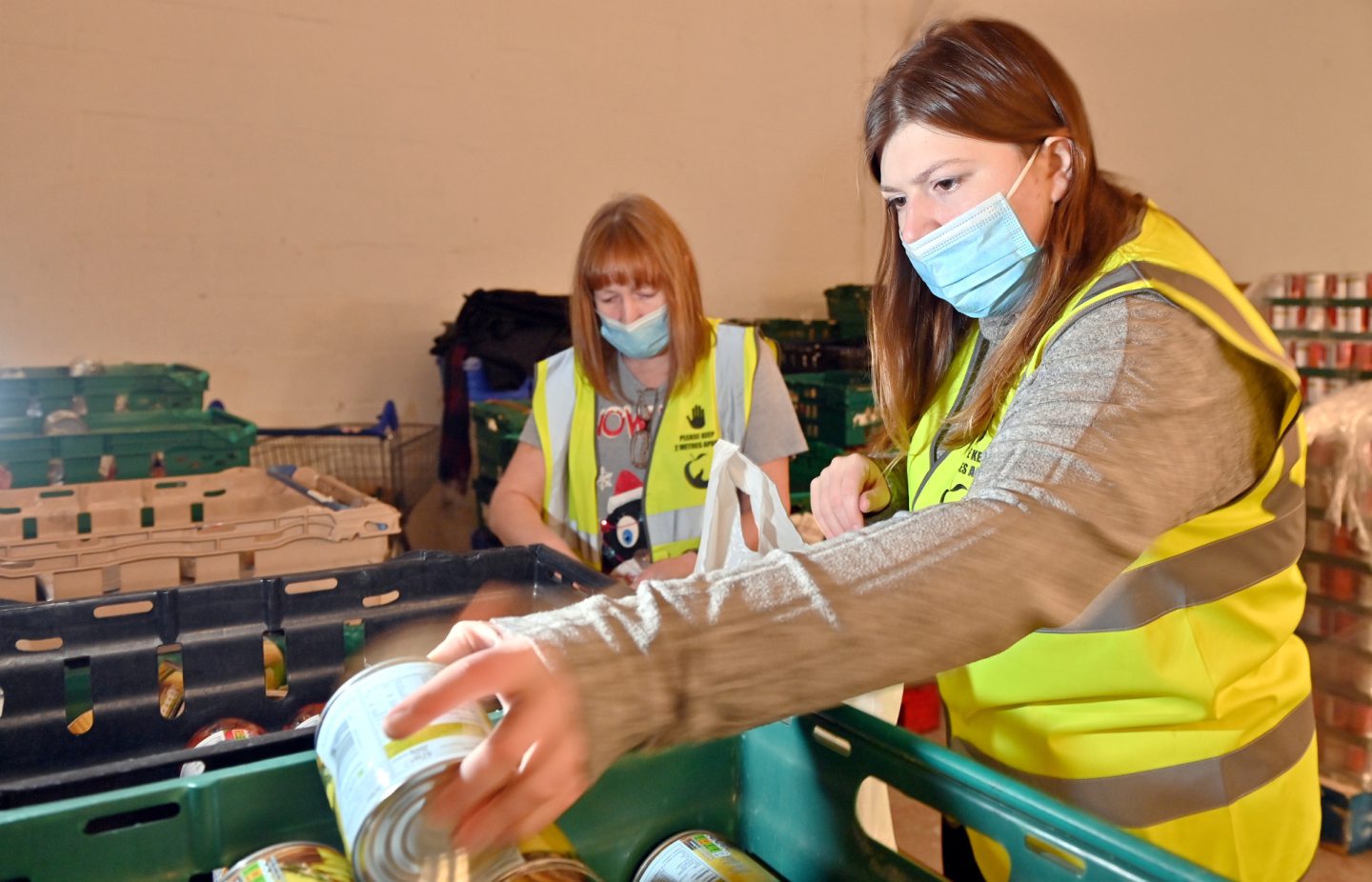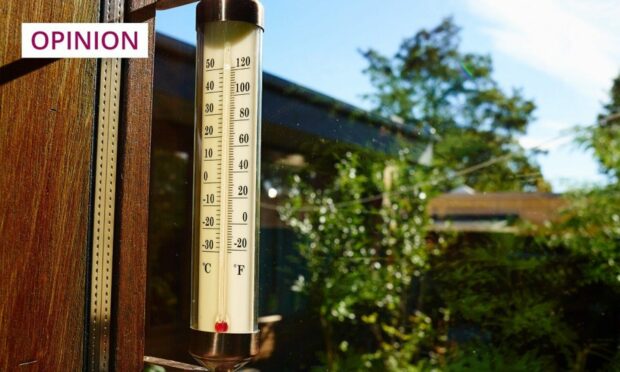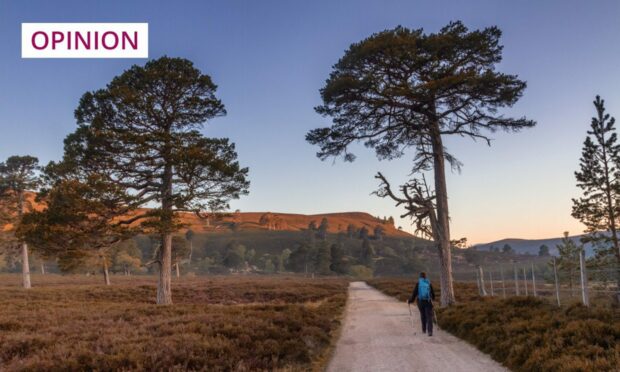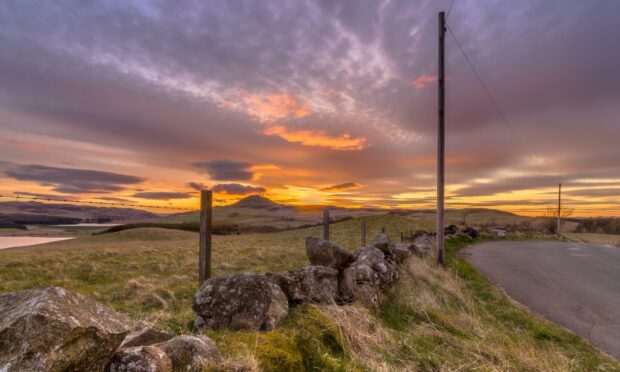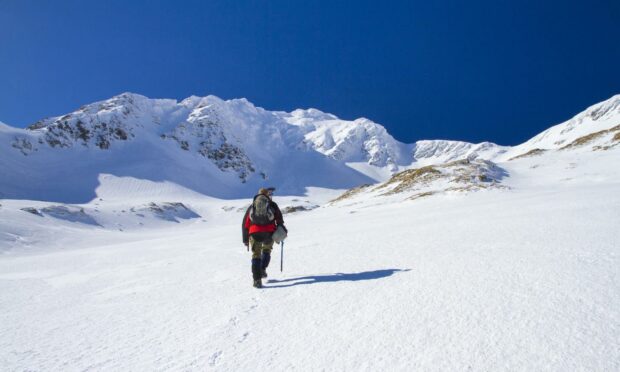At work recently, we started a new volunteer group to help undertake various practical tasks across our two dozen green spaces.
We successfully promoted it on Facebook but, in so doing, inadvertently annoyed a number of people who took issue with the fact that we were even asking for volunteers. The problem seemed to be that they were paying for a service and we should be sufficiently well staffed to do all the work ourselves.
I sighed. Folk really do like to stick it to local authorities, don’t they?
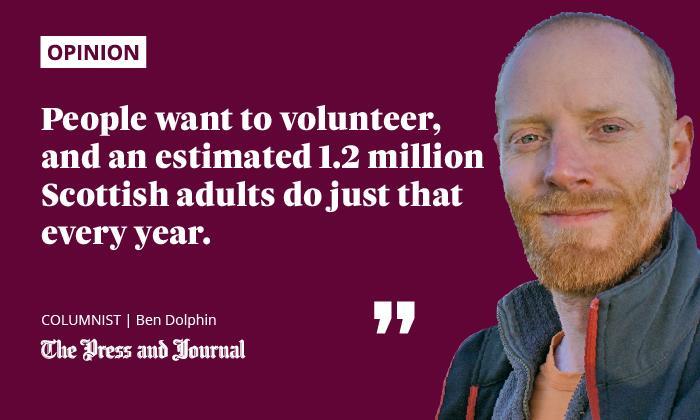
As a case in point, I once led a tree planting day at an urban nature park, during which I was aggressively interrogated by a group of passing dog walkers about why the council was wasting their money on such a thing.
“You mean I’m paying for THIS when you can’t even empty my bins?”
I smiled innocently and explained that the 1,000 trees had been donated by a neighbouring housing developer, and that the 40 or so folk cheerily planting away were all volunteers who’d given up their Sunday morning for the good of the community. My interrogators’ demeanours changed instantly.
Evidently, if it was volunteers, it was great. If it was council, they hated it.
There are so many reasons to volunteer
We would, of course, love to have more rangers but, assuming there was even enough work for 18 full-time rangers rather than four, that line of thought completely misses the point. Namely that people want to volunteer, and an estimated 1.2 million Scottish adults do just that every year.
We’d been thinking of forming a new volunteer group even before Covid, but during the pandemic we’ve experienced a massive surge in public enquiries about volunteering opportunities.
What a gorgeous bright day to be out volunteering on Easter Inch Moss. I'd love to have been able to stay out with Lothian Conservation Volunteers to help cut broom from the bog but….Beecraigs was busier today than I've seen it since lockdown, so…. #rangerdailydiary pic.twitter.com/x0yCAjiasj
— Ben Dolphin (@CountrysideBen) January 16, 2022
Individual reasons for contacting us are as diverse as humanity itself. For some, it’s a social thing. For others, it’s simply about being outside. Some want to improve their fitness – both physical and mental – or learn new skills, while for some vulnerable groups or individuals, volunteering outdoors provides much-needed respite or relaxation.
For students, or for some older folk contemplating a radical career change, volunteering is a great way of dipping their toe in ranger waters to see if it’s something they’d like to do themselves. And there’s nothing wrong with that. In fact, I think it’s marvellous because, 14 years ago, that was me.
We can all learn from each other
Many people, though, volunteer because they care deeply about the place in question, or about the environment in general. They’re not looking for payment, compensation, or benefits in kind. For them, it’s enough to feel that they’ve given something back or made a difference.
That might mean they come along to every session going, they come along once a month, or they come along just once a year. It doesn’t matter. They all live busy lives and they do what they can, and we’re always grateful.
Frankly, volunteers lift me as much as we (hopefully) lift them
Turning up to the new group’s first session last week and seeing 18 eager, smiling faces of all ages – from nine to… well, I’m too polite to say – on a drizzly Sunday morning was a joy in these occasionally bleak times.
We cut gorse back from a meadow and, afterwards, two tiny wee kids freely told me how much they’d enjoyed it. The enthusiasm, the desire to help, is palpable and it’s wonderful being able to channel that productively.
Leading volunteer groups is therefore one of my favourite tasks as a ranger. In return, I get to meet a diverse bunch from all walks of life, most of whom are more familiar with our sites than I am. I end up learning new things from them. Frankly, volunteers lift me as much as we (hopefully) lift them.
Volunteering encourages a sense of community
I don’t doubt there are instances where organisations use or exploit volunteers as a way of shirking their own responsibilities, but any ranger service worth its salt will recruit volunteers regardless of how well staffed it is.
Yes, there’s always more to do than we can manage ourselves, but public engagement and community outreach are at the core of what we do. We want to encourage interest in the natural world, help foster a sense of belonging, a sense of stewardship, and establish relationships with the communities we serve.
Any suggestion, therefore, that we should never be in a position to recruit volunteers is for the birds… who, incidentally, we know shedloads about in this country thanks to the British Trust for Ornithology’s Breeding Bird Survey, undertaken in 4,000 individual 1km squares across the UK every year.
And who does that? Yep, volunteers!
Ben Dolphin is an outdoors enthusiast, countryside ranger and former president of Ramblers Scotland

